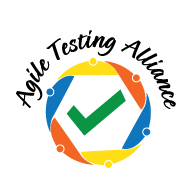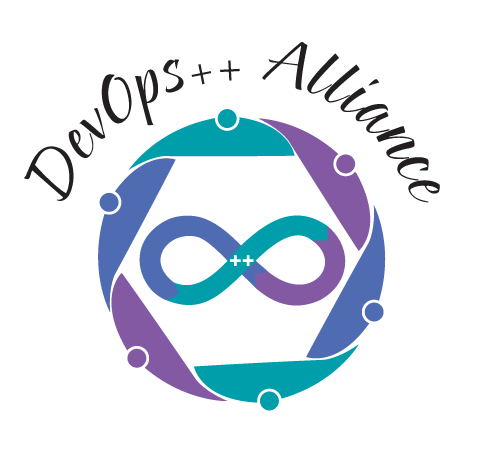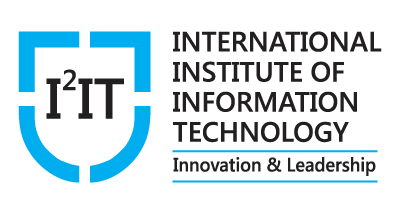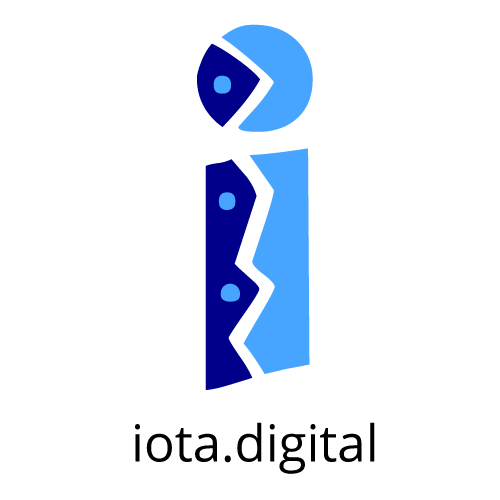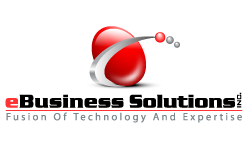Workshop
- Workshop 1
- Workshop 2
- Workshop 3
- Workshop 4
- Workshop 5
08 Sep 2017
Classification - A Machine Learning Foundation
One Day workshop on Classification – A Machine Learning Foundation part of #doppa17
Classification is one of the most widely used techniques in machine learning, with a broad array of applications, including sentiment analysis, ad targeting, spam detection, risk assessment, medical diagnosis and image classification. The core goal of classification is to predict a category or class y from some inputs x.
Through this workshop, you will become familiar with the fundamental classification models and algorithms.
This is being taught by one of the most renowned Professor Dr Vivek Vijay from IIT Jodhpur whose specialization is Machine Learning and Data Science.
In this workshop, we will discuss some of the famous generative and discriminative learning algorithms which are a foundation building blocks for any Machine Learning program.
Do not miss to learn the following classification methods used in Machine learning from an expert in this area – Dr Vivek Vijay
Logistic Regression
Bayesian Classifier
Naïve Bayes Classifier
K – Nearest Neighbor
Decision Tree Learning
Artificial Neural Network

18 - 23 Sep 2017
IoT Raspberry Pi
The fees for the this workshop includes accomodation, food for six days along with a mini laboratory for Raspberry Pi. Value for money program to learn from the best research institute and scientist Professor Henry
Dates: 12th September to 17th September
Duration: 6 days
Dates: 18-23 September 2017
Objective:
Hands on Raspberry Pi workshop – which will result in development of skillset in hardware and software tools to work on Embedded Linux platforms
Am I eligible?
Industry Professionals/Students pursuing Engineering/Science
Workshop Focus:
System configuration
Sensors and actuators interface
Python
Hardware interface through GPIO, I2C, SPI
Webapp development
Workshop Outcome:
Participants will:
Develop understanding of the capabilities of Raspberry Pi as a platform
Learn techniques to utilize hardware interfaces available on Raspberry Pi
Gain skillset to develop systems on Embedded Linux platforms
Things to Know:
Participants must bring their laptops
Mini-laboratory:
Each participant will be provided with a mini-laboratory which contains latest version of Raspberry Pi, sensors, actuators and tools required during the workshop.
This mini-laboratory would be property of the participants.

18 - 23 Sep 2017
3 D printing
The fees for the this workshop includes accomodation for 10th night, food for two days along with 3D printer kit. (two people as a team can register, there would be only one kit provided.)
Value for money program to learn from the best research institute and scientist Professor Henry and team
Date: 10th and 11th September
Duration: 2 days
Objective: To design, tune and print 3D objects
Am I eligible?
Team*: Industry Professionals/Students pursuing Engineering/Science
*Maximum 2 participants per team
Workshop on
• Setup and configuration of 3D printer
• Designing 3D objects using OpenSCAD
• Additive manufacturing
• Slicing and optimization of 3D printable objects
Take-away
Each team will be provided with “3D printer kit” and necessary tools to design and print 3D objects. This will be property of the participants.
Laptop
Participants must bring their laptops
Fees
40000 per team* (townscript fee extra)
(Includes accommodation, food and 3D printer kit)

10 - 12 Sep 2017
Continuous Builds
CP-DCB stands for “Certified Professional – DevOps Continuous Builds” certification prepared and honored by “Agile Testing Alliance”.
The course focuses strongly on development skills and the creation of infrastructure for continuous building of software artifacts. Both JVM and native environments are used on the course as part of exercises in the course, but expertise is not required in either. The aim of the course is to equip the attendee with the knowledge of how to set up continuous build environments for a wide range of development scenarios, rather than teaching them to be experts in development on those platforms.
Pre-requisites:
Anyone having more than 1 year of development or testing experience is eligible for CP-DCB. Alternatively if you have already done CP-DOF then you automatically qualify for this course.
Training Objectives:
Setup CI environments for JVM projects.
Setup CI environments for native projects.
Avoid manual installation of tools on CI servers.
Automate instantiation of virtual images.
Automate instantiation of containers.
Automate publication of artifacts to repositories.
Have CI create test and quality reports with baseline triggers.
Track stability and quality metrics.
This hands-on training covers the continuous build concepts using tools such as Git, Jenkins, Gradle, Docker, Artifactory, Conan and Packer

11-12 Sep 2017
Lean Kanban Workshop by Masa
2 Days Lean Kanban Workshop
Kanban is a Lean-Agile method focused on improving flow and quality on your organization and project needs very rapidly (therefore improving its economy).
It allows your team to operate at a very high level of efficiency and effectiveness through an evolutionary approach that consists of 6 practices to manage change in the organization.
Lean Kanban has proven to accelerate maturity through high visualization, control over the amount of work being done, acknowledgement and effective handling of the diversity of activities in your project, and root cause analysis through quantitative management.
This workshop is very hands-on. Even the theoretical foundation is learned through practical exercises.
Objectives:
Know the structure and modus operandi of the Lean Kanban system
Map the current process onto a value stream map and a Kanban system
Understand the Kanban practices and principles
Learn some aspects of Lean Thinking useful to practice Kanban
Know the benefits of continuous flow, adaptability, and focus on quality
Know how to quantify and analyze value flow to identify opportunities for improvement
Workshop contents:
Introduction
Lean thinking
Kanban systems
Foundation
Visualize workflow
Limit work in progress
Manage flow
Explicit communication
Prioritization
Kaizen
Value Stream Mapping
Kanban System
Kanban board
Classes of service
WIP
Policies
Flow generation and control
Quantification
Cumulative Flow Diagrams
Control chart
Root Cause Analysis
Managing the project with Kanban
Board configurations
Scaling
Bottlenecks
Kanban in action
Implementing Kanban on your organization

